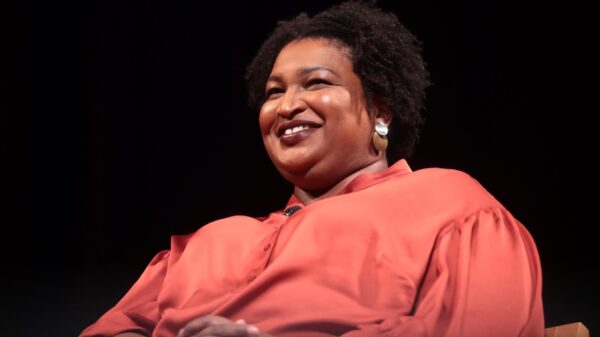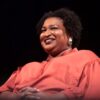By: Imara Bright-Johnson, Staff Writer
Posted 12:45 PM EST, Mon., Feb. 27, 2017
About every other week, you could probably log onto Twitter and have the opportunity to see another round of the infamous contest of merits between historically Black colleges and universities and predominantly white institutions. It is important to hone in on why historically Black colleges and universities are, in fact, extremely important and essential to this society.
Many people are not educated on the history of HBCUS, why they were established, and why they still exist. If more knew about the specific purpose that they serve, their role in America and their overall impact—then the never-ending debates would cease.
After the Civil War, African-Americans had, for the first time, an opportunity to pursue education. Between 1861 and 1870, the American Missionary Association founded seven Black colleges. The demand for higher education was larger than ever and needed resolution. The goals of these schools were to provide African Americans with education and degrees and see them become leaders in society. Initially, many of the schools focused on teaching students skilled trades, but over the years their teachings expanded. After the late 1860s, more historically Black colleges were established, such as Howard University, Jackson State University and Lincoln University.
Many acknowledge the fact that historically Black colleges were relevant during that point in time, but often question if they are still relevant today. Although African-Americans are now allowed to attend any university of college of their choice, HBCUs are still very pertinent in college education in America. In the United States, HBCUs represent 23 percent of the nation’s Black college students, 70 percent of Black physicians, 50 percent of Black lawyers, 40 percent of Black engineers and 50 percent of Black teachers and professionals attended a historically Black college or university.
HBCUs provide a conducive, productive and often comforting environment for all students of color to meaningfully express themselves, both academically and socially. They are relevant institutions today, and always will be.







